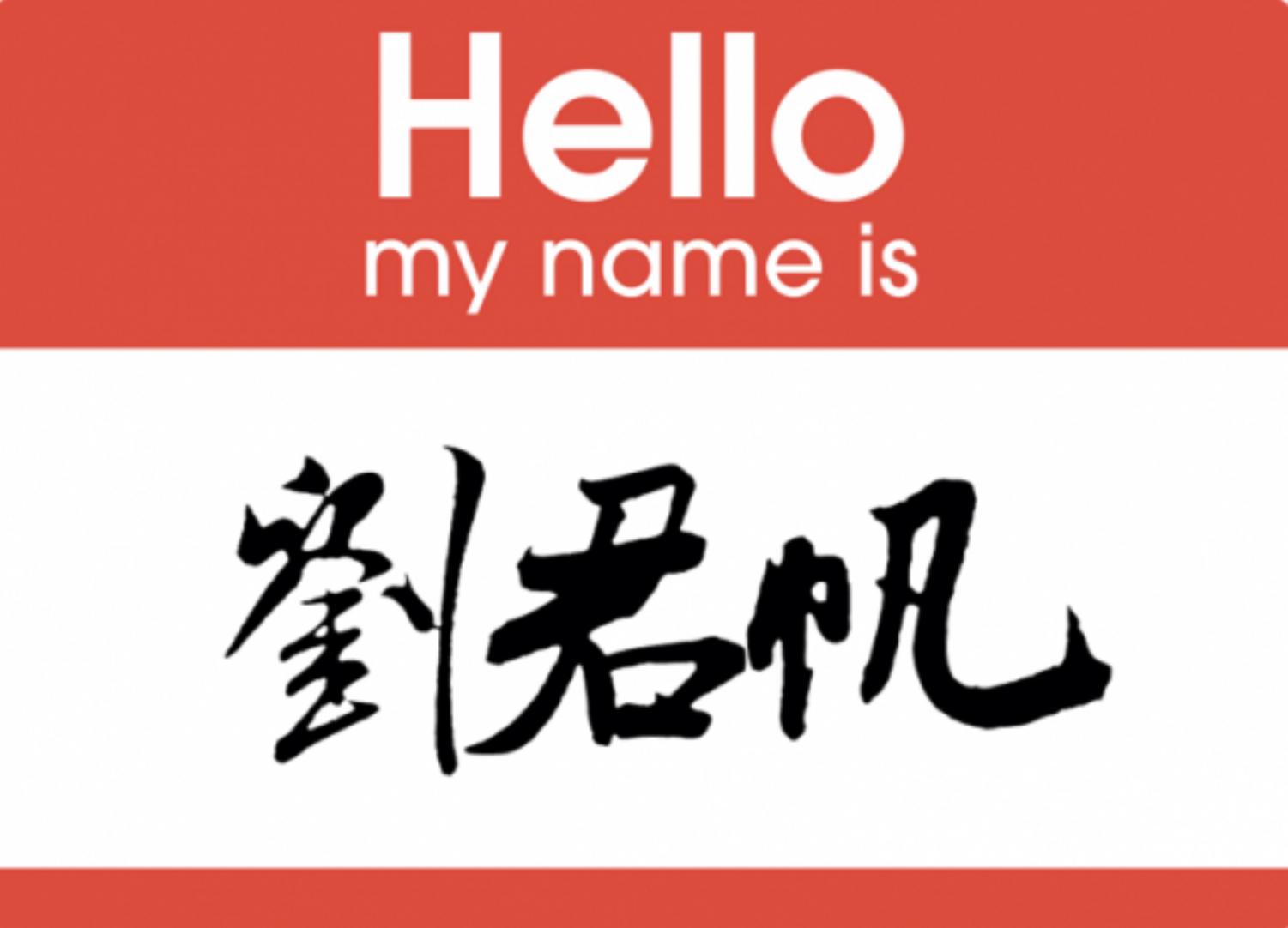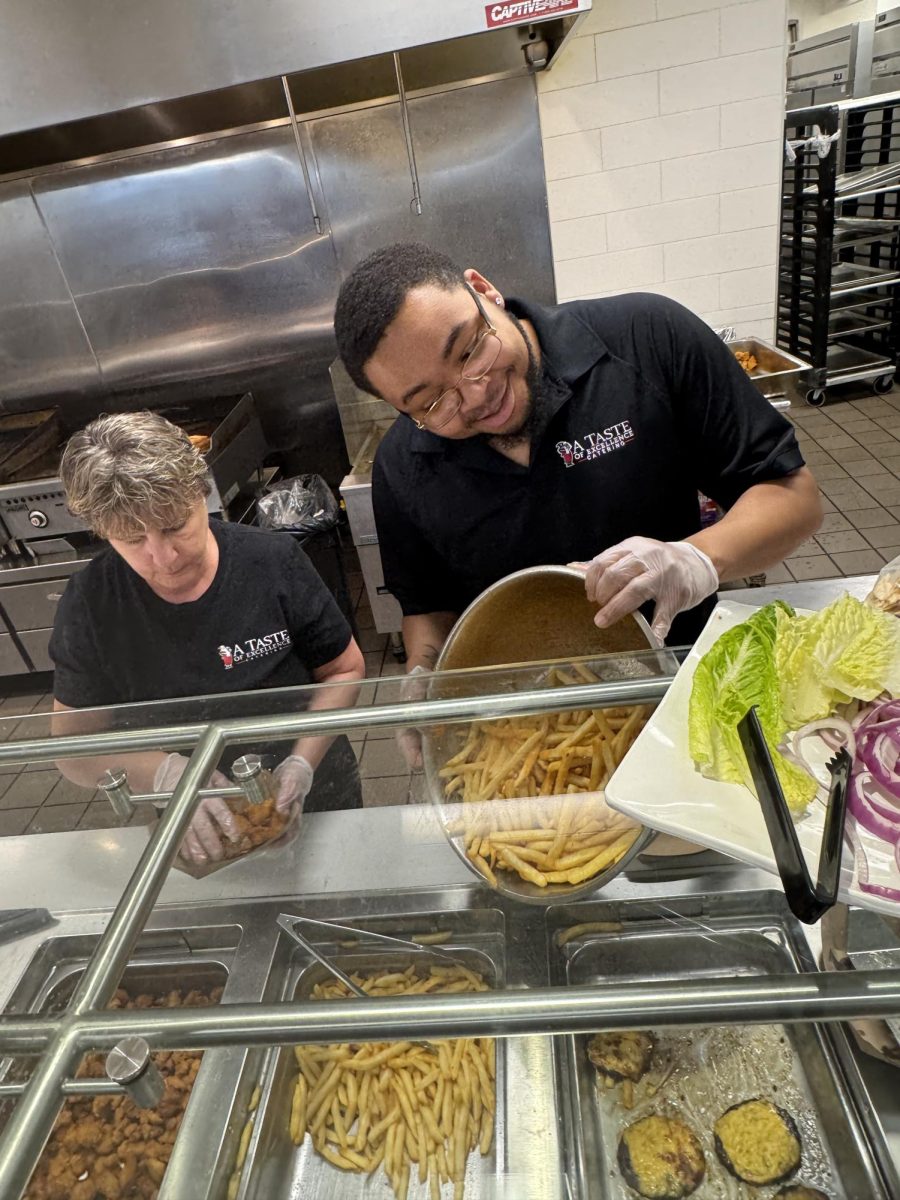What’s in a name?
May 24, 2019

In foreign language classes, students often adopt personal names that pertain to the country. In Spanish class they would probably choose Sandra or Pablo and in Latin class names such as Flavia or Augustus. The Chinese teacher, Mrs. Meilin Wang, said, “I had helped my students pick their own Chinese name.” Mrs. Wang also added that her students “searched online for a couple of names that best fit the pronunciation of their English name.”
However, these names are just temporary and are only used in class. They are not permanent changes or names everyone will call students by, probably, for the rest of the their lives. But what about the Chinese transfer students who change their names from their original Chinese to English ones?
Instead of using the Pinyin (Romanized spelling for Chinese characters) version of their Chinese names, they completely switch to traditional English ones. How do the Chinese transfer students at WJ feel about this? Everyone responded with an “I don’t care” or a shrug and a smile when asked that question by The Pioneer.
The main reason why the Chinese students change their names is because it’s just easier to pronounce for non-Chinese speakers. Freshman William “Will” Xiong, whose name is Zhaonuo (熊诏诺), has had his American name since he first started to study English in China. “My teacher picked my name in 3rd grade,” he said. He knows William is a much easier name to pronounce in English than Zhaonuo and, he added with a smile, “I like my English name.”
A few Chinese transfer students prefer to keep their Chinese names; one is junior Yifei Ren (pronounced Ee-Fay, 任益非). Asked why she doesn’t have an English name, she laughed and said, “I actually have a[n] English name. My English name is Phoebe. My mom named me that, but I don’t use it.” She went on to say, “I don’t want to change my name because I like my [Chinese] name.” Even though she says many people pronounce her name wrong and she has to correct them every time, Yifei still does not want to go by Phoebe.
Jingxi Zhang, a junior who agrees with Yifei, said, “I don’t want to change my name because I like my own name, and I think it is a little bit weird,” because she feels a bit odd when she’s being called by a foreign name.
When freshman John (Xin) Zhang (pronounced as Shing, 张昉) was asked about how people typically pronounce his Chinese name, he said, “Oh, that is hard. People say they cannot.” He then explained, “That is why it is easier for me to have (an) English name.” Like Will, John’s teacher chose his name in English class in grade school. When asked why he only has two Chinese characters in his name, John said, “[It’s] because the first character in our name is our last name, and sometimes people only have one first name character and some have two. This is just the way it is.”

Senior Fred (Hanwen) Li shared that he does not mind going by Fred, because he does like that name, and he believes it is just as good as his Chinese name. “Even my Chinese friends call me by Fred,” he noted.
Sophomore Jessica (Yue) Che said, “I chose my name when I started English class [in China].” Her teacher gave her a list of English names, so she just chose a name that appealed to her. “Jessica is a name that fits with my last name, and it just sound[ed] right,” she added.
Bruce (Leyao) Chen, another sophomore, said that he chose his own name as well. He commented that Bruce sounds like a “tough guy’s” name, because a lot of well-known guys who are tough are named Bruce, like the famous martial arts athlete Bruce Lee and Bruce Banner, also known as Batman.
In short, the reason why Chinese students adopt English names is because Americans find Chinese names difficult to pronounce, and the students don’t mind making the switch at all. Both names are equally meaningful to them.












Kaneshia Crenshaw • Apr 26, 2019 at 7:52 am
Thanks Sansan! This article was enlightening.